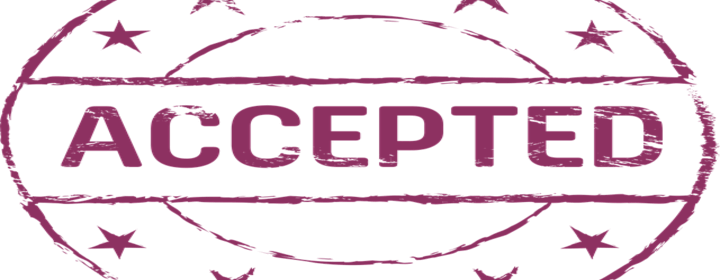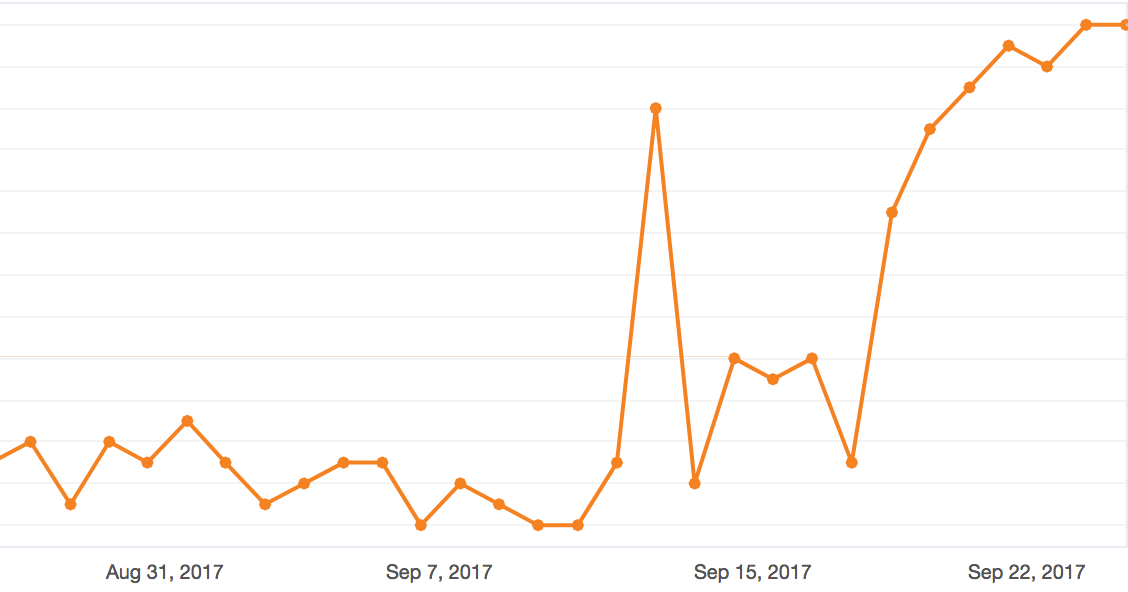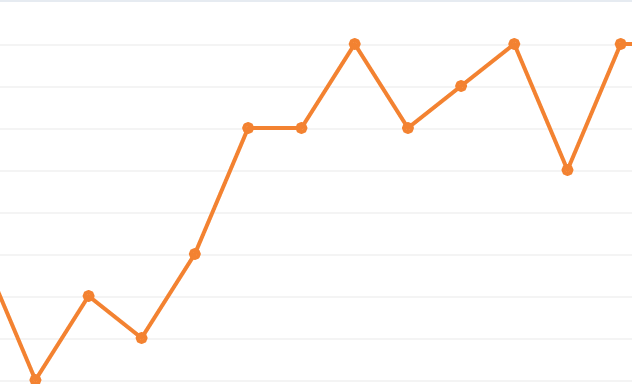Blog Update: 4 Months Since Switching To Https Protocol & My Results

It’s been around 4 months (a little longer actually) at the time of writing this post, since I purchased an SSL certificate and switched to https on my website.
Please make sure to read my first post here on switching from http to https to see the reasons for this change.
I’m still surprised how many websites I see using an http protocol, when there are so many advantages of converting to https.
Anyways, I wanted to provide an update on my results of switching to https to hopefully help you understand why you should consider making the change as well.
Before we dive in, one important point I’d like to mention is if you do make this switch, you must ensure that all old URLs (http) are being 301 redirected to your new URLs (https). You do not want two versions of your website as this will negatively impact your overall SEO and search engine rankings.
Now let’s get to the update…
Update: 4 Months Since Switching to https
A good way to track some of these big changes on your website is to use the “annotation” feature in Google Analytics…see screenshot below.

You can find this feature under the traffic chart inside your Google Analytics account and it’s a great way to gauge how your website is performing in terms of traffic after you make a change.
Since making the switch to https my organic traffic has noticeably increased when compared to the time period I was using the http protocol.
In fact, organic traffic is up a total of 310% when comparing August 5, 2017 – December 22, 2017 to March 18, 2017 – August 4, 2017 (basically this is approximately 4 months prior to and 4 months after switching to https).
See the screenshot below for a visual comparison:

The blue line represents “https” and the orange line represents when my website was “http” (this is tracking organic search visits).
I think it’s safe to say that this was a good decision.
Switching to https really helped my overall search engine rankings which in return is bringing me in more organic traffic to my website.
Let’s take a look at the screenshot below that shows the overall progress from switching to https (organic traffic again): 
As you can see again, there is a noticeable improvement in organic traffic after switching to https.
Now it’s also important to point out that this increase in organic wasn’t all due to switching to https.
I believe two other key factors to the increases I’m seeing in traffic and search engine rankings is due to consistent content generation and link building as well.
However, I wouldn’t be able to make this kind of progress if I was still using the http protocol.
The combination of all these SEO techniques are working together to help the organic growth of my blog.
This is evidence that adopting the right marketing strategy pays off…maybe not right away but eventually down the road.
Stay patient!
I hope this post was insightful/helpful and you received some value from it.
When combining the right strategies and constantly monitoring, tracking and testing your results, you can really begin to make some progress.
My goal here is to share with you what is working well for me, so you can go ahead and implement the same strategies.
Have you made the switch to https yet?
If not, what are you waiting for?


















